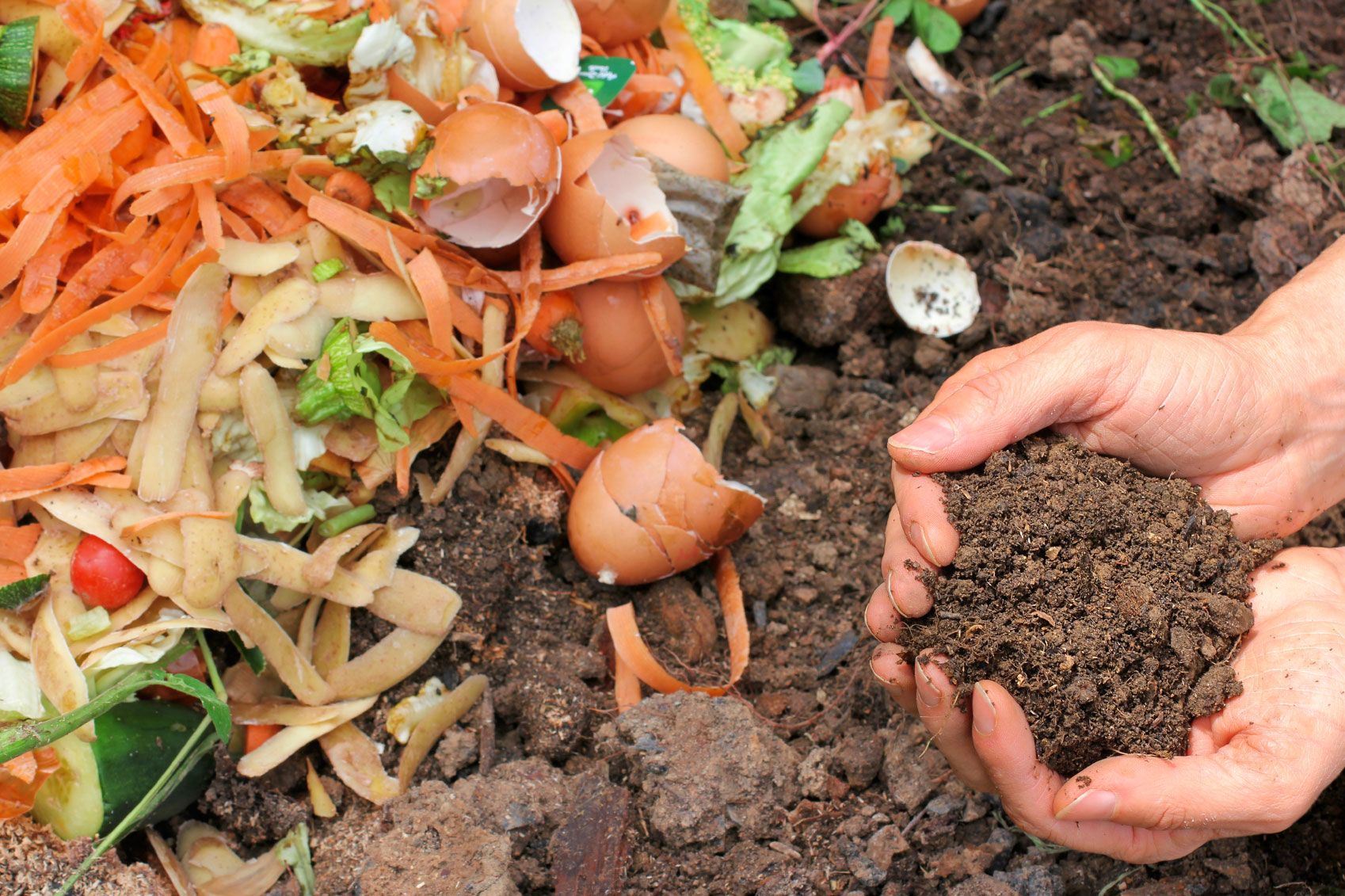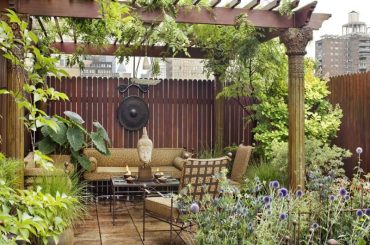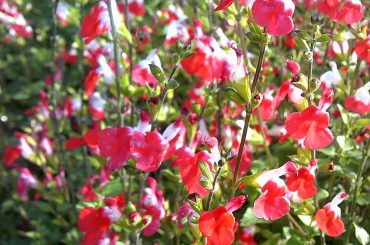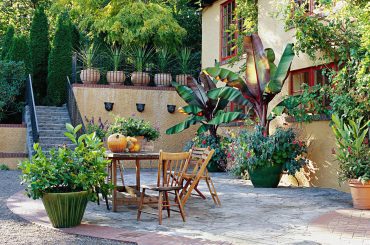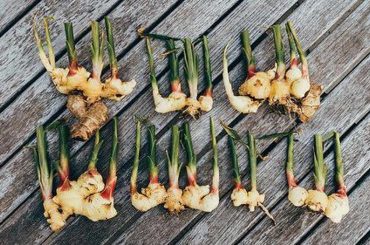Table of Contents
Nature has gifted us with everything but there is always a saying that, to get something you need to offer something.
Hence, nature always demands a contribution to whatever it has given and will be giving for ages. For example, it takes the leaves back to the earth.
Reminder: There’s a return cycle because nature never misses offering us, which is why the leaves fall from the trees and it has taken aback by the mother earth.
Composting is the process of decomposing organic solid waste. The presence of air is very important in this method. This method includes recycling.
What Is a Compost Bin?
A compost bin is a container containing organic matter which later will be turned into compost. We do not get a heap initially, but eventually the entire and the same process takes place repeatedly.
The best part of using a bin for composting is we can go on adding waste. This can be done in the ground too but with the help of a container/ bin the process speeds up.
How to Start a Compost Bin?
In a bin, we throw various sorts of waste materials but apart from that, food occupies most of the space. People also throw food or any sort of waste in the ground, but nature does not take that simply within and it pollutes the atmosphere.
So, it is always good to create a compost bin and decompose the waste materials therefore better and faster results. It is not only about dumping waste materials into a bin. There is a little amount of science added to it.
The waste should always be divided into two parts: Greens and Browns. Greens include fruit crumbs, teabags, etc and Browns include dry leaves, straws, paper napkins, etc. The ratio should be 1:2 or 1:3.
Too much green is not good for the method. Products like meat or fish should never be added. Never add too much water to it. In the rainy season, the compost bins should be kept covered.
Microorganisms might drown and die in that case. There should be a proper water balance for the microorganisms to survive. Greens, browns, water, and air makes great compost altogether.
Now, many of you may be wondering, how to create a proper and perfect compost bin. Read below.
How to Make/ Use a Compost Bin?
Compost Bins is a very easy-to-make thing. It can be either of plastic or pallets. Commercial compost bins are costly which is why many gardeners think of making bins by themselves in a lower amount. Ok, so let us choose the material as plastic.
Materials Needed:
- A large plastic storage bin
- Sharp drill
- Waste materials
- Cloth or wire
Instructions:
- Choose your plastic bin for reuse. The bin should not be a small one as mentioned above a larger one is required. Use two bins because the liquid will be leaking out the first bin and the second one will appear to be useful there. The liquid can be used as compost tea later.
- Air is a very essential factor as mentioned above. Hence, there should be holes around the bin maintaining a 1–2-inch distance. In case the holes are large, cover the interior of those holes with cloth or wire.
- Finding a good spot is important for a compost bin. It is good to place outside the houses and not inside. Like balconies or in the corridors near the kitchen so it is easier to compost kitchen trash into it. If anyone does not choose to look at the composter it can also be kept in a garage-type place.
- The bin should contain eggshells, tea bags, paper napkins, coffee grounds, toilet paper, etc. Contents should be small. Vegetable or fruit scraps should be properly trimmed. Dried leaves should be crushed to view break down quicker.
- The contents of the bin should be shaken regularly. If those are too wet, do add dry leaves or newspapers to dry out the contents or the microorganisms may die. In case the contents are too dry use water spraying bottle to moisten them.
- The content should be ready by three to four months. In case a large piece is found which still needs to be decomposed can be kept inside the bin. And the dark finished compost can be kept in a different bin for later use or can also be used immediately.
How to Keep Rats Out of a Bin?
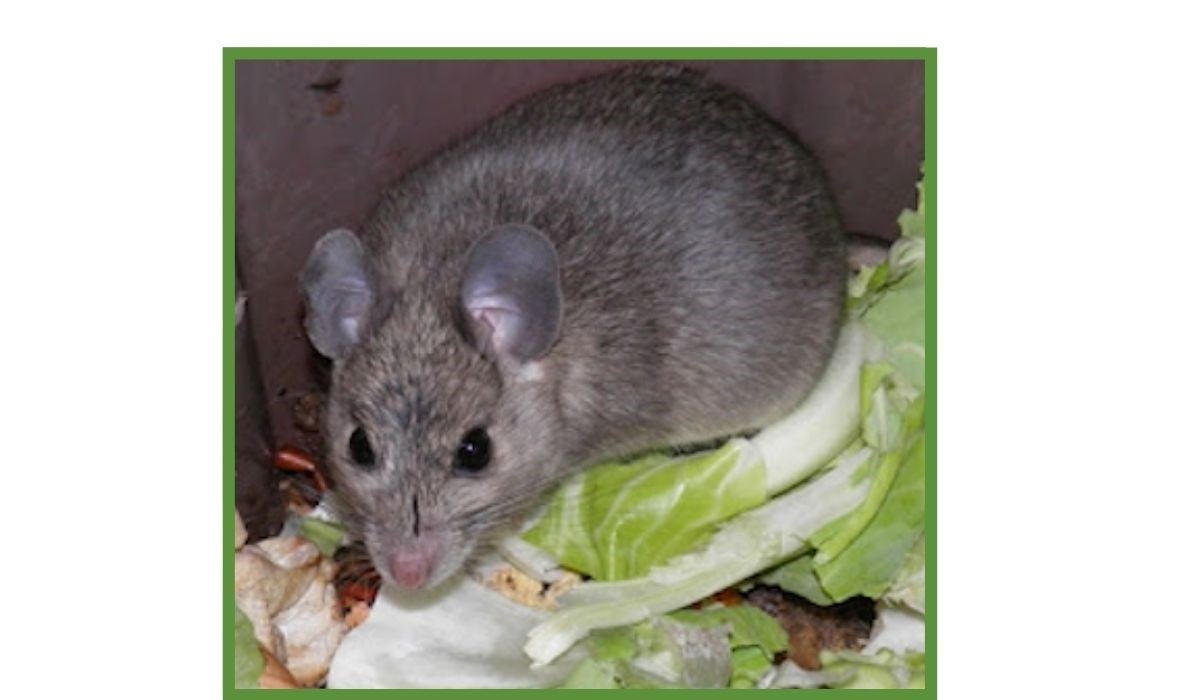
Compost bins are a great place for rats for food and shelter. If rats are following your compost bin, then you have not followed the perfect rules and regulations for making compost.
Meat attracts rats so it is better to avoid inserting meat in the heap. A perfect compost bin will never give a fair chance to the rats to get into it and exploit the setting. The best bins are very hot from the inside.
This factor does not encourage the rat to choose the bin as a shelter. Rats prefer dry places to stay. So, it is very important to maintain the moisture level inside the compost bin.
Raccoons
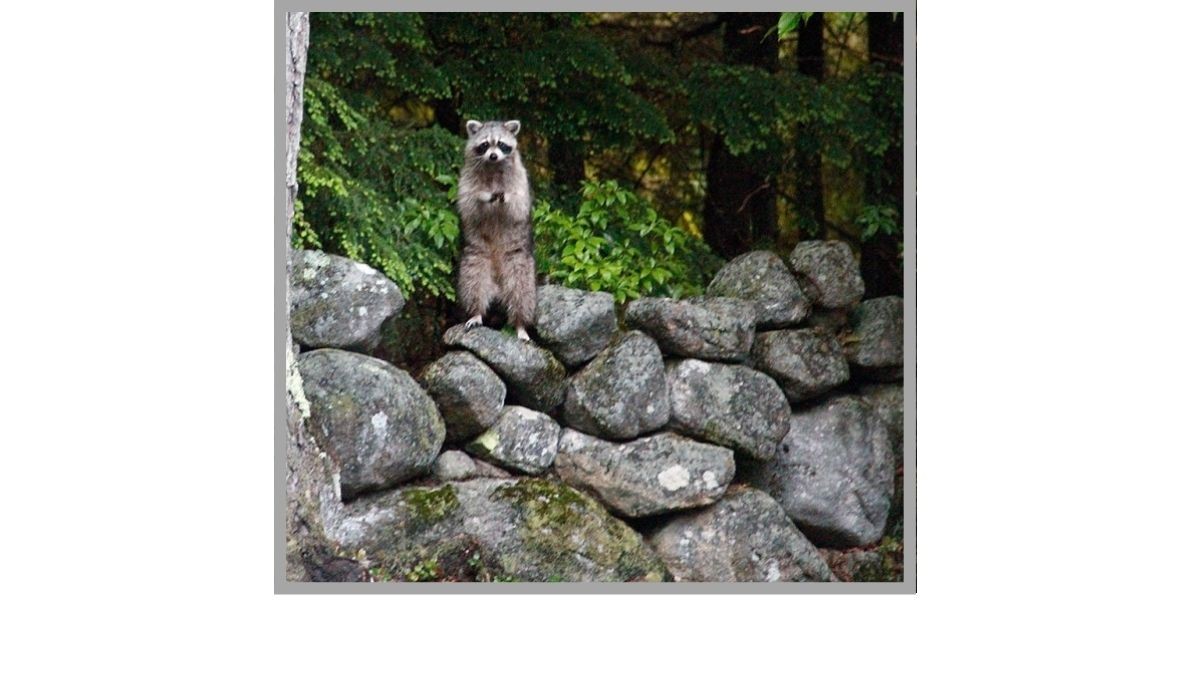
In England and Wales, Racoons are kept as pets. Raccoons are not good enough for the composting process. Using poison is never a solution because the method causes more trouble, and it is totally not worth it. A wooden base or a metal lid can be used to oppose them from entering the compost bins. Readymade bins are also found with fitted lids for this purpose. Example: Aerobin.
Few Measures:
- Bins should be closed more tightly.
- Fencing can be used to envelop the compost bin.
Benefits of Composting
- Composting creates richer humus for gardens. This humus adds nutrients to the soil by locking moisture.
- Composting reduces more than 30% of household waste from the garbage bin.
- The humus removes plant diseases.
- The humus acts as an alternative against the harmful chemical fertilizers which are applied while gardening.
- Things That Should Not Be Inserted in the Compost
- Bones of animals should not be kept inside unless a perfectly designed composter is being used.
- Banana or orange peels may include pesticides. So, these fruits should be kept aside from the compost bin.
- Black walnut leaves should strictly be avoided.
- Pet manure should not be included.
The quality of the humus varies according to the products used for composting. It is a treatment for reducing wastes and it acts as a better and healthier chemical fertilizer for gardening. It is hygienic, toxic-free, and economical.

